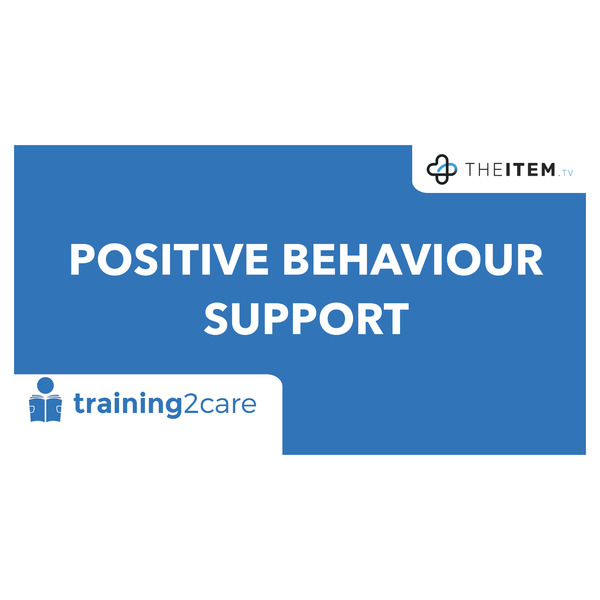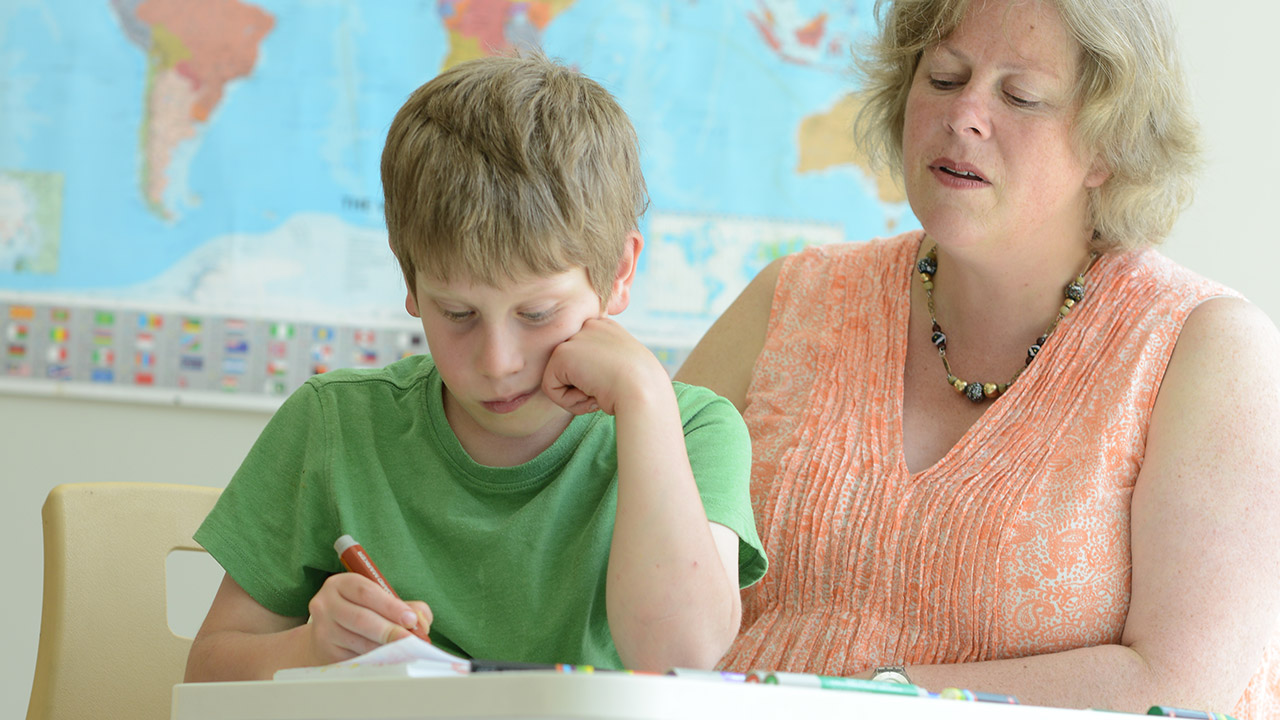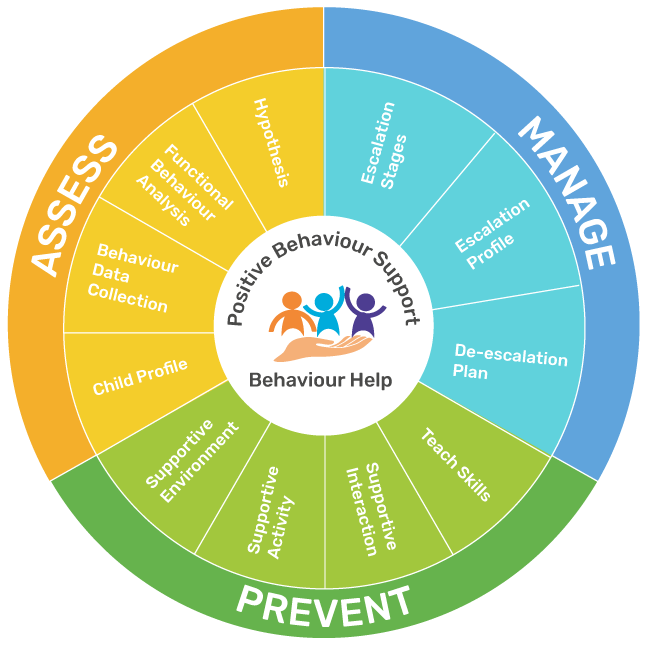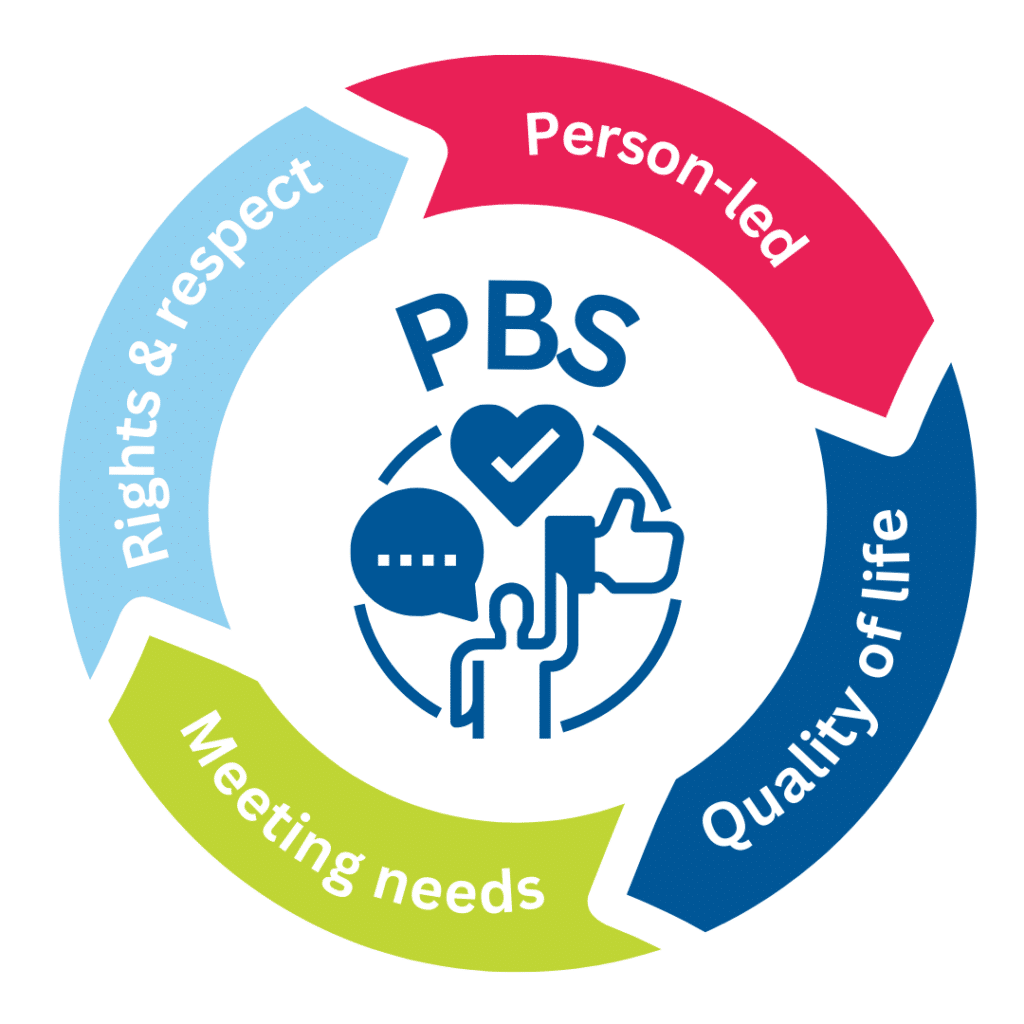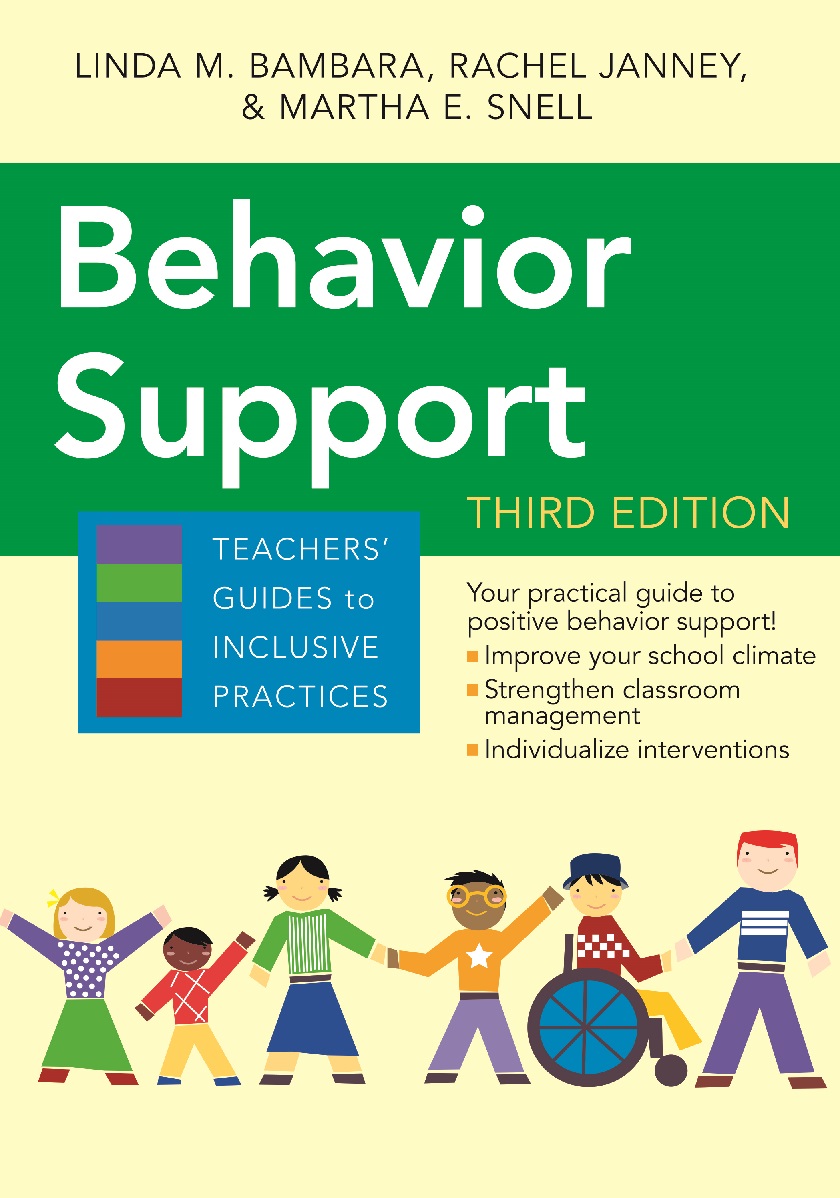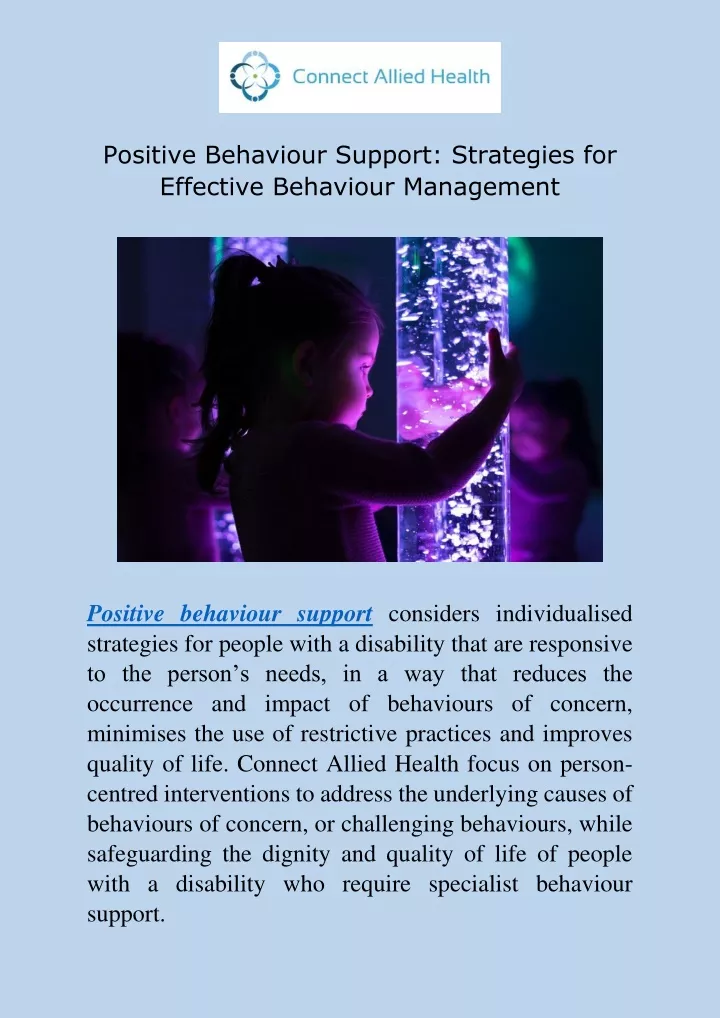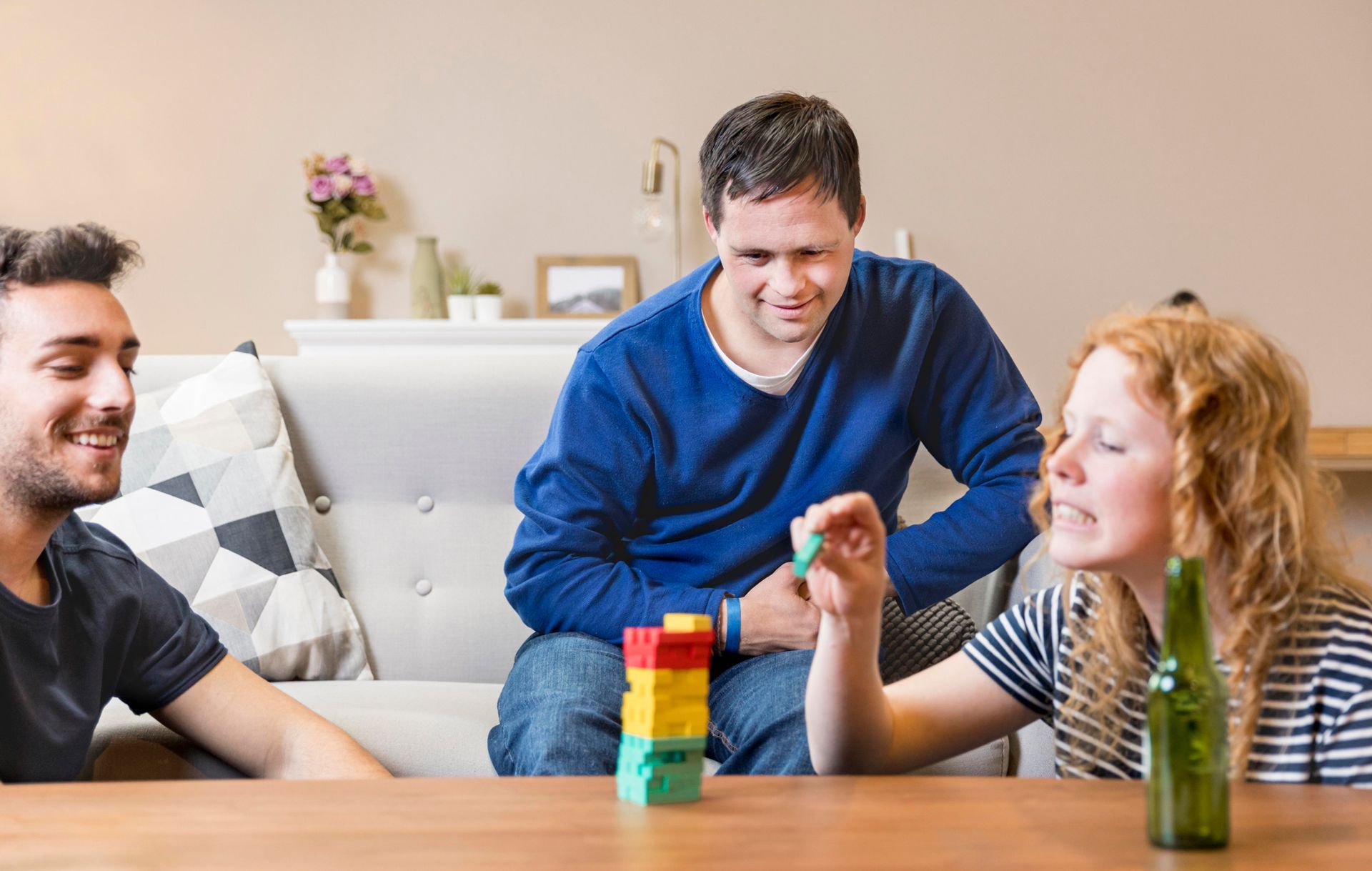Great Tips About How To Support Children's Positive Behaviour

Build a trusting relationship between teachers, students, and families.
How to support children's positive behaviour. Positive behaviour management in early years is a strategy with the emphasis on the positive. It can help your child: You can support children to learn to manage their behaviour when you:
They aim to teach children. Tips to encourage positive behaviour. Children’s positive experiences of relationships and places support their understanding of themselves as secure, significant and respected individuals.
Give your child positive attention and spend quality time together. Schools can create environments where positive behaviours are more likely by proactively supporting pupils to behave appropriately. Supporting children’s behaviour in early childhood services.
Strategies for supporting positive behaviour and learning in a school setting. Improve emotional and social skills. Using positive behavior strategies can help you:
You can build a close and loving relationship by spending time with. An opportunity to discuss the behaviour that is expected at the. For professionals working with parents.
Focus on positive behaviour. Being able to negotiate with others; Pupils should be taught explicitly what good.
Consideration and empathy for others. Praise them when they achieve.
The positive behaviour support framework is split into three key stages: To assess the influence of helping behaviour in and of itself on children’s cheating behaviour, in study 2, we randomly assigned children to either an. Support if you are struggling to improve your child’s behaviour.
It’ll help you to get the best out of your children. One of the most fundamental aspects of guiding children and young people toward positive behaviour is building strong and. Positive behaviour is good for children’s wellbeing and development.
The behaviour policy should also. Instead of seeing behavior as a problem, you’ll show. Positive behaviour support (pbs) is an individualised and comprehensive approach that parents and carers use to teach and encourage children to behave in.
